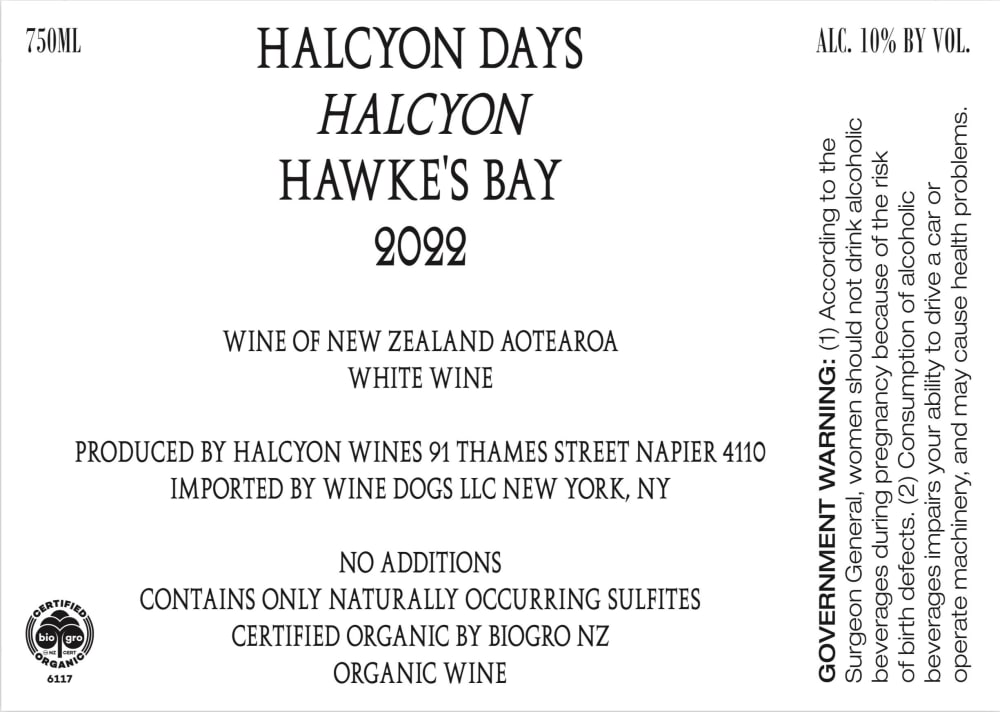A vintner is a wine producer or merchant, typically one who is involved in all aspects of winemaking, from growing and harvesting grapes to blending and aging the finished wine. Vintners can be individuals or companies, ranging in size from small family-owned vineyards to large commercial wineries.
The term “vintner” is derived from the Old French word “vinetier,” which means “wine merchant.” In modern usage, the term is often used to refer specifically to wine producers, particularly those who have a hands-on approach to winemaking and are involved in every stage of the process.
Vintners play a vital role in the wine industry, as they are responsible for creating and selling the wines that consumers enjoy. They must have a deep understanding of viticulture, the science of grape growing, as well as winemaking techniques and the nuances of different grape varietals.
In addition to their winemaking responsibilities, vintners may also be involved in the marketing and sales of their wines. This can include developing branding and packaging strategies, creating tasting notes and other promotional materials, and building relationships with wine buyers and distributors.
Vintners can be found in wine regions all over the world, from the famed wine regions of France, Italy, and Spain to emerging regions in South America, Australia, and beyond. In each region, vintners face unique challenges and opportunities, from weather and soil conditions to cultural and regulatory factors.
The role of the vintner in the winemaking process begins with the selection of the grape varietals and the vineyard sites where they will be grown. Vintners must consider a range of factors, including soil type, climate, and topography, to determine which grape varietals will thrive in a particular location.
Once the grapes are harvested, vintners oversee the winemaking process, which involves crushing the grapes, fermenting the juice, and aging the wine in barrels or tanks. Vintners must monitor the wine carefully throughout each stage of the process, adjusting the temperature and humidity as needed to ensure that the wine develops the desired flavors and aromas.
One of the most important roles of the vintner is blending the wine. This involves selecting the wines from different grape varietals, vineyards, and vintages that will be combined to create the finished wine. Vintners must have a keen sense of taste and smell, as well as a deep understanding of how different wines will interact with each other to create a balanced and complex final product.
In addition to their winemaking responsibilities, vintners must also manage their business operations, including budgeting, staffing, and marketing. This requires a range of skills, from financial management and marketing to human resources and customer service.
For small family-owned vineyards, the vintner may be the sole proprietor of the business, responsible for all aspects of winemaking and sales. In larger commercial wineries, the role of the vintner may be divided among a team of experts, including winemakers, viticulturists, and marketing and sales professionals.
Overall, the vintner plays a critical role in the wine industry, from selecting the grape varietals and vineyards to producing and marketing the finished wines. Their knowledge and expertise are essential for creating high-quality wines that reflect the unique terroir of each region, and for building strong relationships with customers and wine lovers around the world.
Wine is sunlight, held together by water.”- Galileo Galilei


